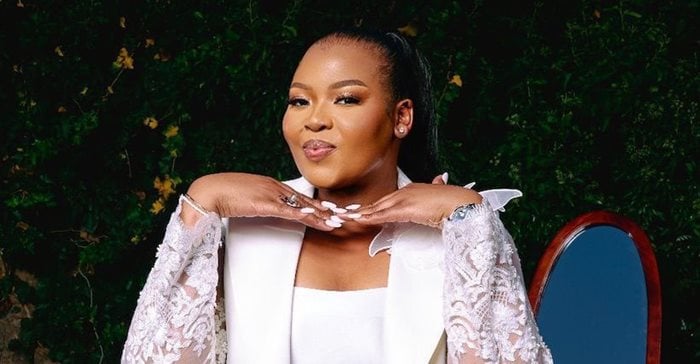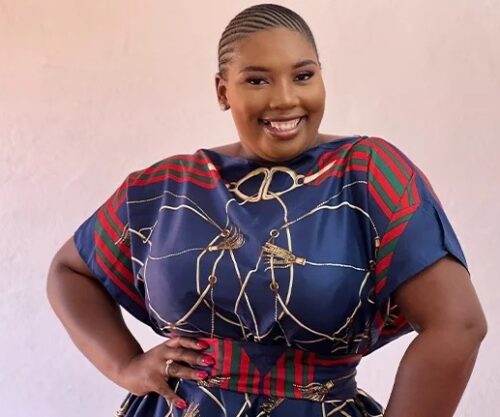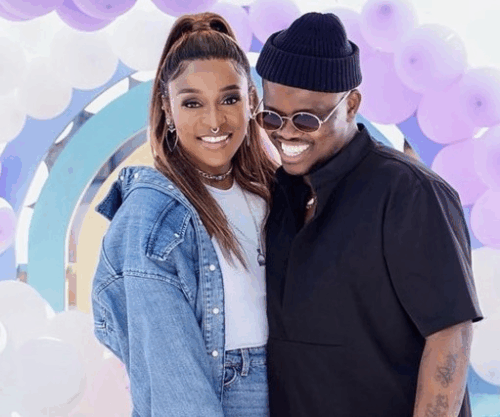
When known radio personality Anele Mdoda interrupted her usual flow to publicly challenge a man she claims ridiculed the country’s GBVF, that is, the gender-based violence and femicide movement, the ripple effect was immediate. In the world of social media debates, this was not business as usual.
The moment that set it off
Mdoda fired back after spotting an online clip she believed dismissed the seriousness of GBVF. She did not hold back, accusing one man of poking fun at a cause that countless survivors and activists have worked tirelessly to keep at the forefront of national attention. Those who defended the man insisted he meant no harm and that his post was being misread. Social media users debated whether the man intended anything insensitive at all.
Why it matters to South Africa
Across Johannesburg and throughout the country, this isn’t just celebrity noise. It touches a raw nerve. South Africa continues to grapple with severe levels of gender-based violence and femicide, and the movement fighting it has become a core part of the nation’s social conscience. When a public figure like Mdoda highlights what she sees as disrespect, it reinforces how sensitive and important this issue remains.
A fresh look at the digital pulse
Rather than seeing this as a typical celebrity call-out, it offers a lens into how South Africans confront accountability in the age of instant commentary. Mdoda’s intervention shows how public figures continue to influence conversations about national crises. Online reactions revealed a community both protective of survivors and defensive of personal expression, proof that the subject is still deeply layered.
And to all the women who are laughing at this degenerate of an asshole, I’m glad you are still alive to laugh. Let’s hope it stays that way since the very men you Ka Ka with are the ones that are killing us.
Rubbish and dust pic.twitter.com/XJBHUb9f8q
— Anele Mdoda (@Anele) November 13, 2025
What social media revealed
The reactions came fast. Some users applauded Mdoda for speaking up. Others felt the man was misunderstood and unfairly dragged. The conversation quickly expanded beyond the clip itself and became a broader reflection on how humour, context, and activism intersect in a country still fighting an epidemic of violence against women.
The next act
Where it goes from here remains to be seen. For Mdoda, it may strengthen her voice as someone who highlights social issues beyond entertainment. For the public, it raises ongoing questions about how we engage with topics that require sensitivity. In a nation still confronting GBVF as a daily reality, even a moment of perceived mockery becomes a deeply symbolic flashpoint.
Source: Briefly News
Featured Image: Bizcommunity




